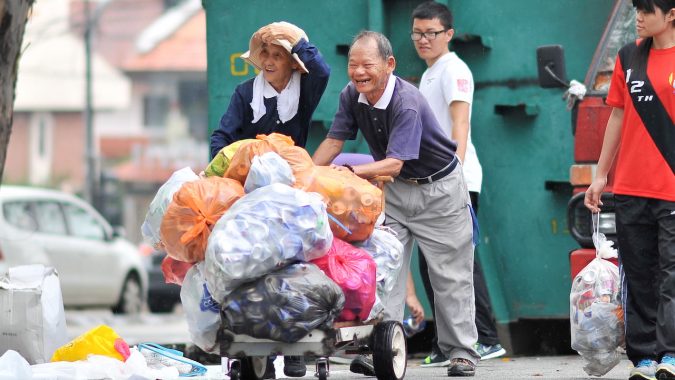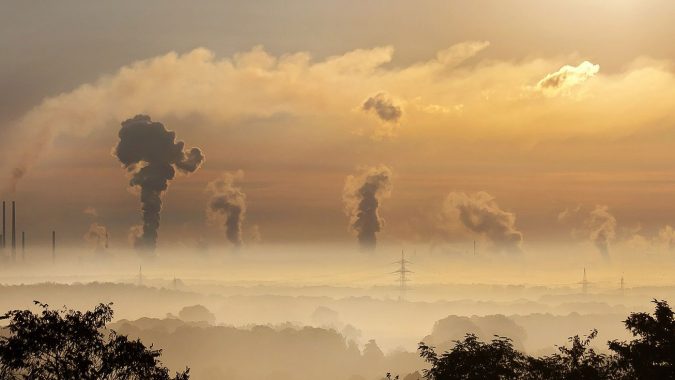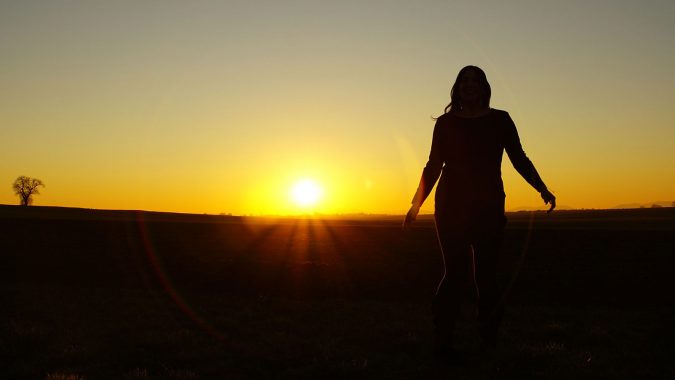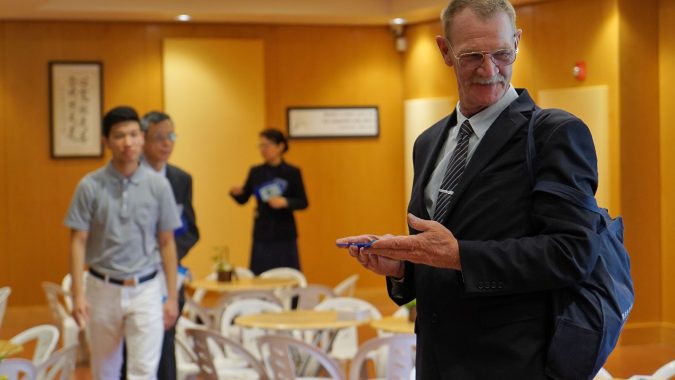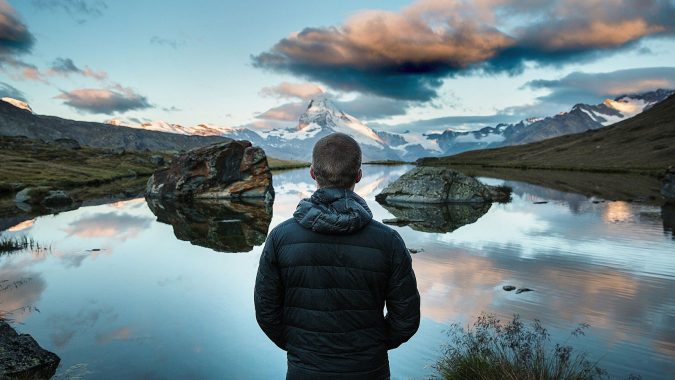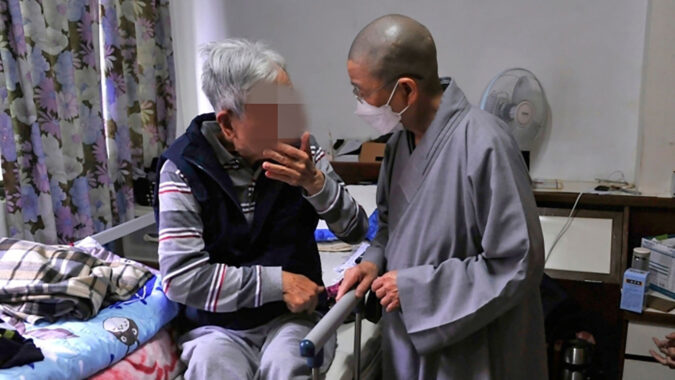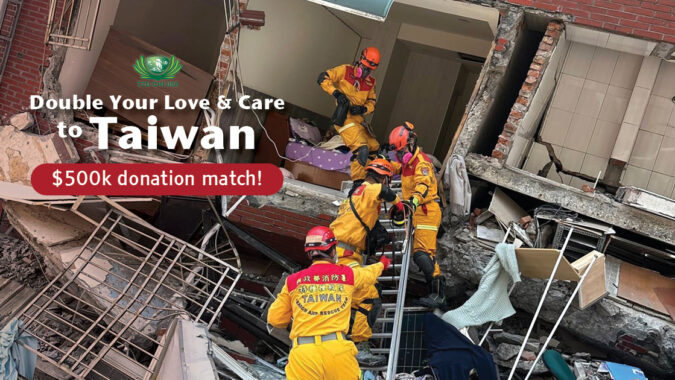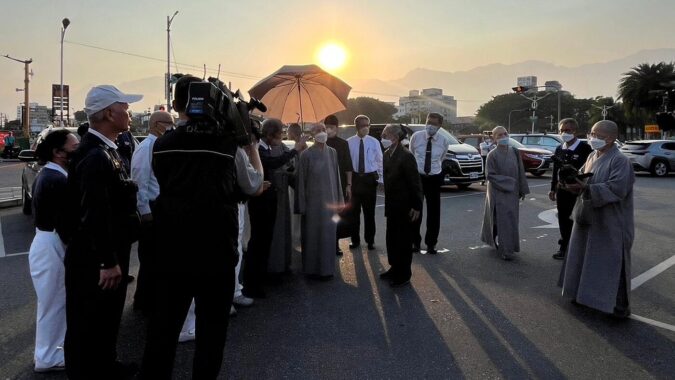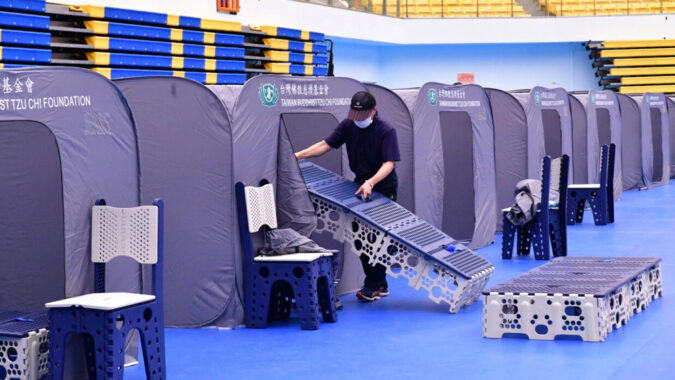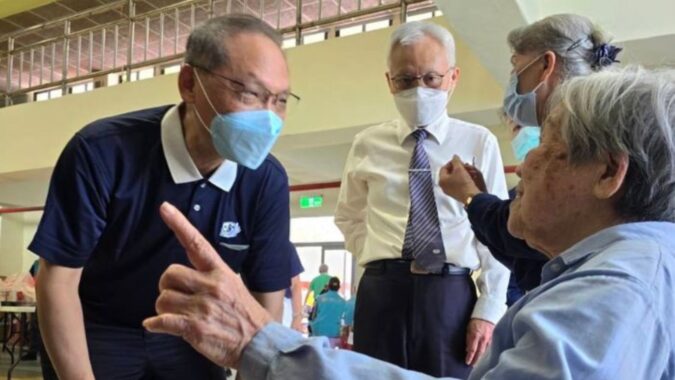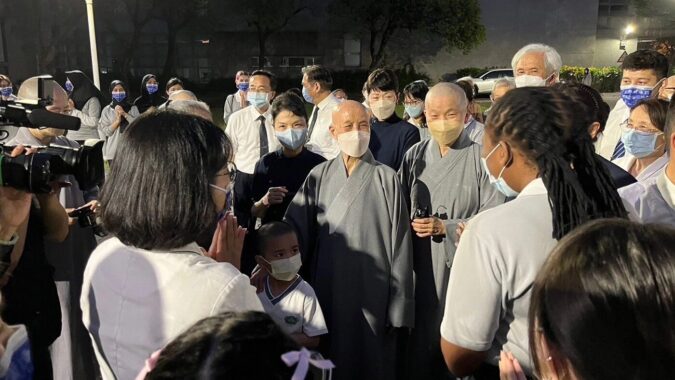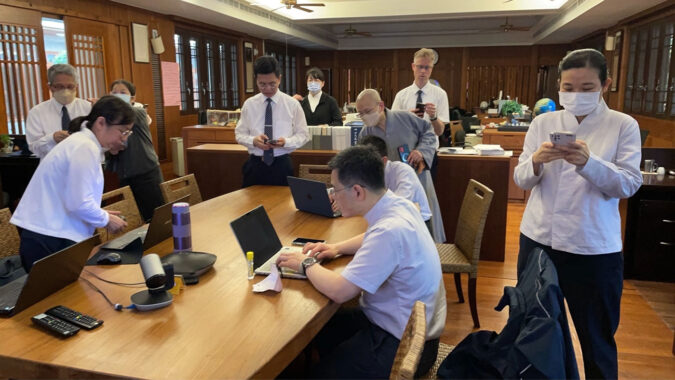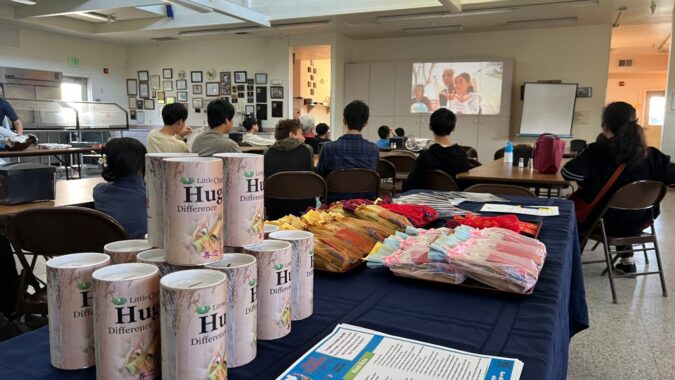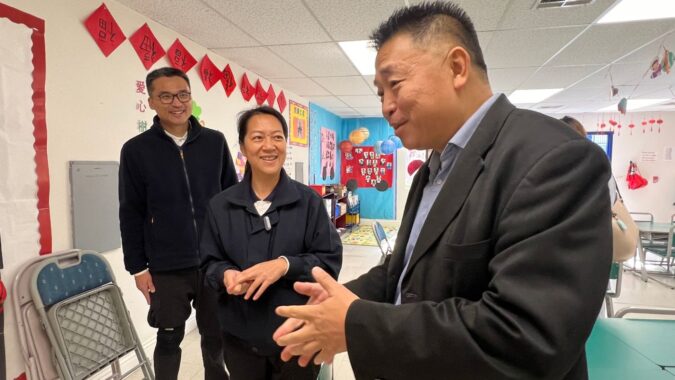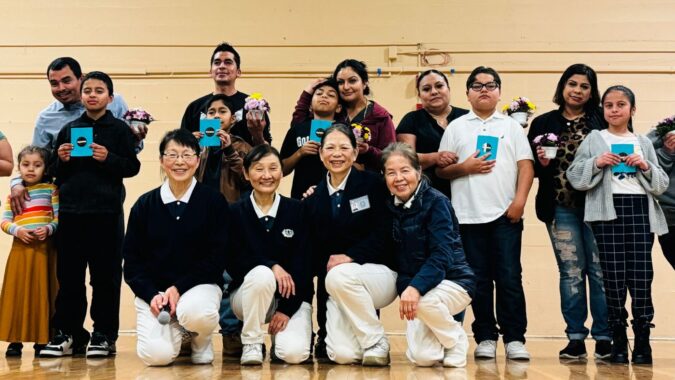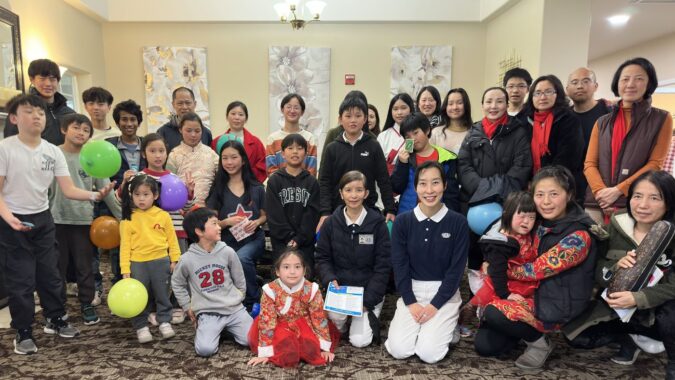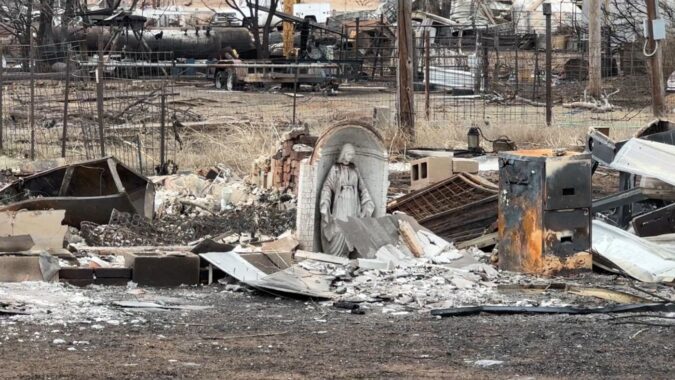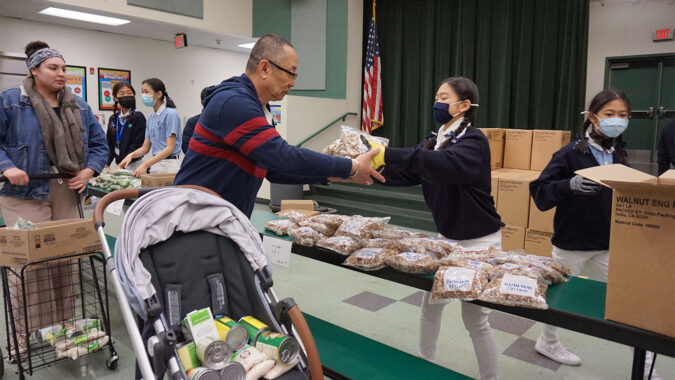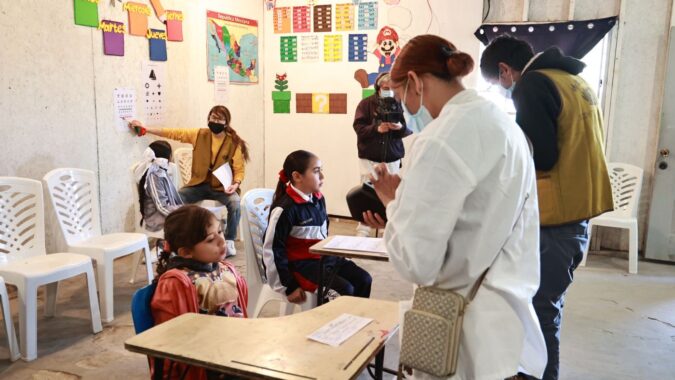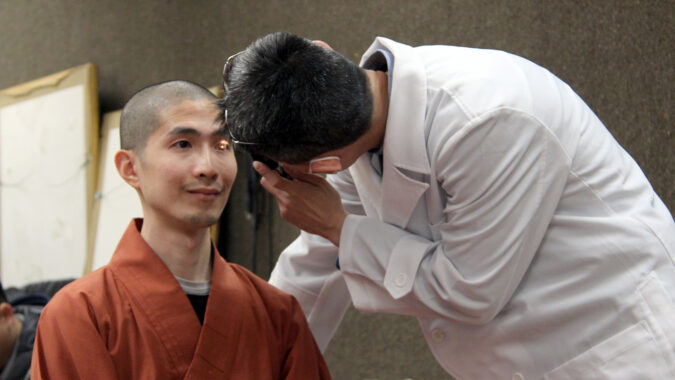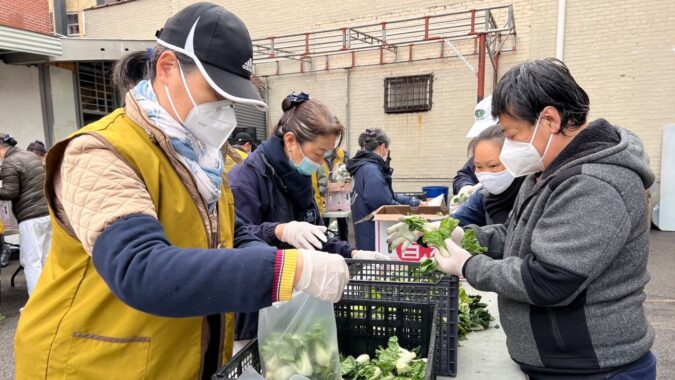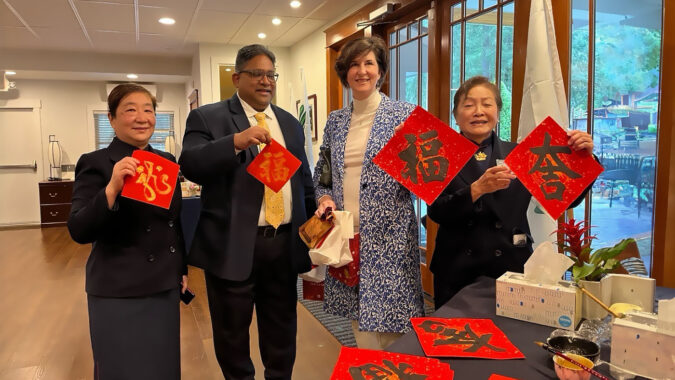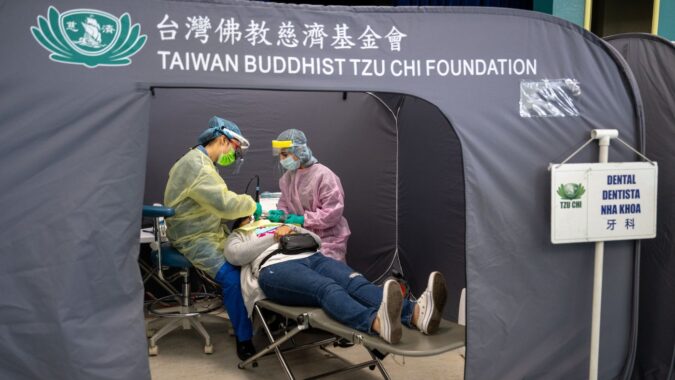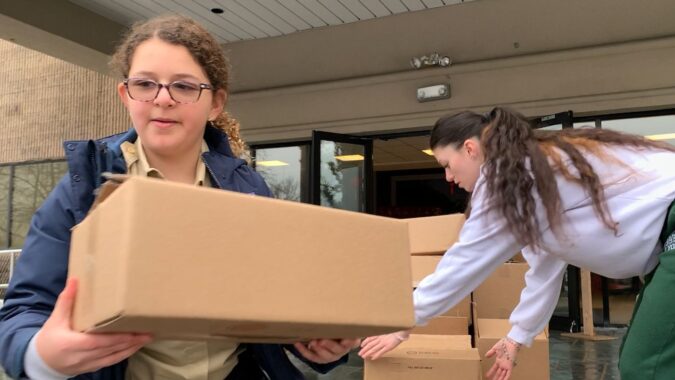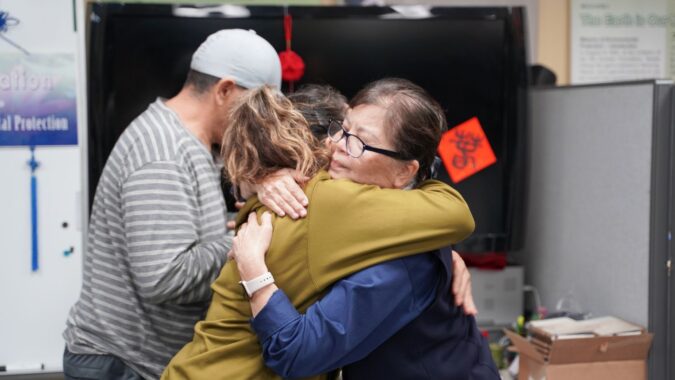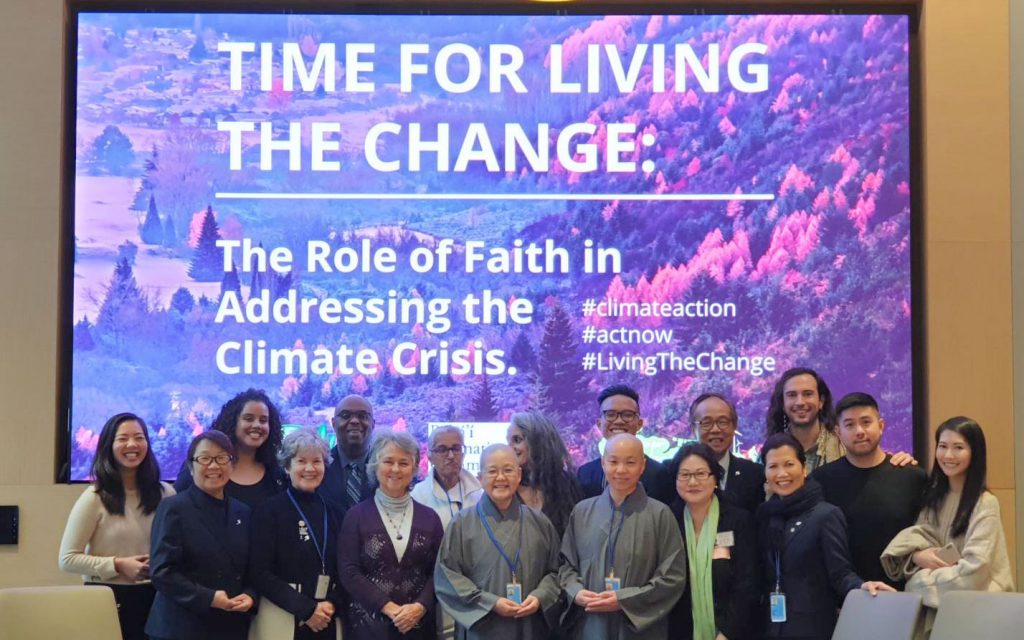
Op-Ed by Steve Chiu
Edited by Dilber Shatursun
Tzu Chi USA in partnership with Living the Change will be bringing you stories of real-life journeys and struggles in reducing our everyday impact on the climate. You’ll find these accounts inspired by honesty, sincerity, faith, a deep love for the Earth, and the desire to embrace compassion – the way Living the Change seeks to engage every individual.
Everything, from protecting the Earth to doing good for humankind, begins with ourselves.
Jing Si Aphorism by Dharma Master Cheng Yen
2019 has been a tumultuous year. Despite the seemingly deafening calls from people around the world for more ambitious and equitable climate action, the international community can’t seem to find consensus on how to fully address climate change, on how to take more action, and on how to ensure the most vulnerable aren’t left behind. This was well demonstrated in Madrid at the UNFCCC’s COP25. Despite the ambitious commitments made at this year’s Climate Summit, not enough is being done to mitigate the worst of impacts that will come from the climate crisis.
As we move into the final decade left for meaningful climate action, it is clear that we cannot just sit back and rely on our political systems to create all the solutions needed to address such an existential problem; we, as global citizens, must do more.
Recognizing the powerful role faith plays in creating transformative action on an individual level, Tzu Chi (in partnership with GreenFaith) has convened a series of conversations around the world over the past year. Together, they are bringing together leaders of faith and spirit to reflect on how to live the change we wish to see within the climate space. What emerged was a series of ideas and questions.
The following hopes to highlight several key ideas to take into the next decade of action, as we chart towards more ambitious climate action on an individual- and by extension- global level.
1. We need to transform collective apathy into action
One emerging idea is the need to reshape and reframe our relationship with the planet from one of exploitation for profit, to one of nurturing for the wellbeing of present and future generations. However, we often remain trapped in a paradigm of materialism and excessive consumption patterns.
Therefore, now more than ever, religious and spiritual leaders have a powerful role to play in the climate crisis: reawakening our deep connection with Mother Nature.
If we wish to protect this sacred Earth of ours, we must be reminded of all that we owe to this planet, shifting what we value towards that which we will never own, but deeply rely on day in and day out.
Apathy takes many forms. It could manifest when an individual is overwhelmed from the amount of bad news about the climate crisis and future suffering that has been locked into it. Alternatively, an individual may be apathetic because of the short term benefits obtained from unsustainable lifestyle choices- becoming willfully ignorant to the suffering their actions create.
No matter the case, faith, and spiritual communities create space for individuals to reinvestigate their relationship to the world around them and are perfect catalysts to awaken the desire for action needed to tackle the climate crisis.
2. We need to foster and encourage imperfect action over inaction
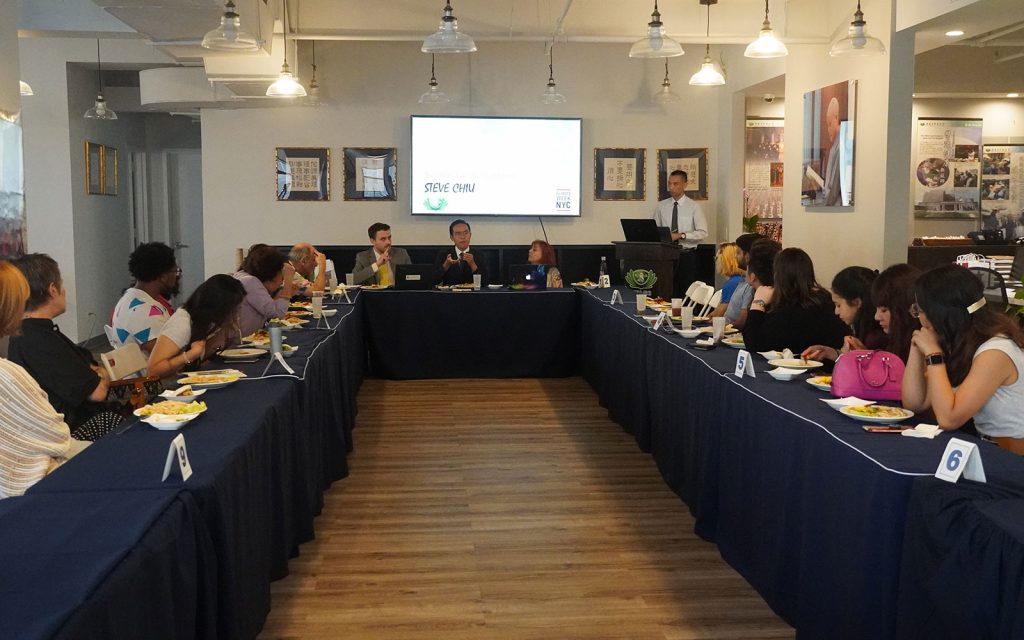
The greatest success in life is to stand up from failure.
Jing Si Aphorism by Dharma Master Cheng Yen
Recognizing that individual lifestyle changes create an impact that extends well beyond just the individual, Tzu Chi emphasizes sustainable living as a critical solution for the climate crisis.
In exploring this idea through the Living the Change dialogues, we found that an individuals’ journey towards sustainability was often marked with missteps and errors, but the rate of progress towards true sustainability was always greater than the individual who only contemplated action yet were afraid to act. A key insight from our conversations was that perfection often becomes a barrier to progress.
If we are to wait for the right conditions to align before taking action, we will have already been too late.
The best time for climate action was yesterday. However, we only have the present. In this way, no matter what actions we take towards a more sustainable lifestyle today, it will be more beneficial than not taking any action at all. Of course, this is with the caveat of being mindful of our action’s impact on others.
Through this imperfect action, we accumulate experience and knowledge which in turn translates into a positive feedback loop of curiosity, progress, and refinement. We cannot wait until we have all the answers to act since we cannot know what we do not know.
3. We must strive to break division and find what unites us in this climate crisis
Morality is a guiding light for uplifting ourselves, not a whip for rebuking others.
Jing Si Aphorism by Dharma Master Cheng Yen
In this day and age, we often are fed a narrative of division and differences. What about our fellow man separates them from us? Whether that is to incite fear or jealousy, divisions exist even within the climate movement. It exists among those who are trying to reform a broken system, and those who are complicit in said broken system.
However, this duality of separation only drives us further apart from each other, creating siloed environments where solutions that are created only serve a fraction of the impacted population. In creating divisions and distinctions, we naturally exclude and divide, which in turn ensures that certain groups become marginalized as we march forward.
As we advocate for a transition towards a more sustainable future, we need to ensure just transition; that is to say, we must include all actors at the table to utilize our diversity to develop holistic solutions that ensure no one is left behind.
Only when we find our common ground can we ensure the stability of the solutions we develop because they truly have the buy-in of those who are affected by climate change: everyone.
Heading into this new decade, we at Tzu Chi commit to our work to protect the environment which has almost reached 30 years of action, and hope that you can continue to engage with us, and reflect on how to shape and transform your own life to better protect this precious home we all share together.
As we continue to build an interfaith/interspiritual climate movement, we invite you to continue to ask: are we caring not only for others and our planet, but also for ourselves and those we love?
With perseverance and courage, the roughest roads can become smooth.
Jing Si Aphorism by Dharma Master Cheng Yen
Interested in hosting your own living the change dialogue in your community? Find resources here: https://livingthechange.net/time
Learn more about Ethical Eating Day and Living the Change to see how you can make a difference.
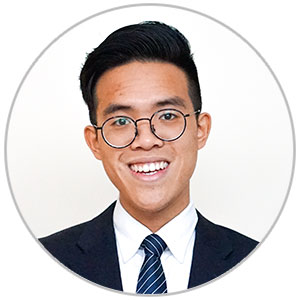
Steve Chiu – Contributor
Steve Chiu currently serves as a representative of Buddhist Tzu Chi Foundation to the United Nations. An advocate of climate action, interfaith understanding and global citizenship, Steve works to build community around sustainable development and compassionate living.

